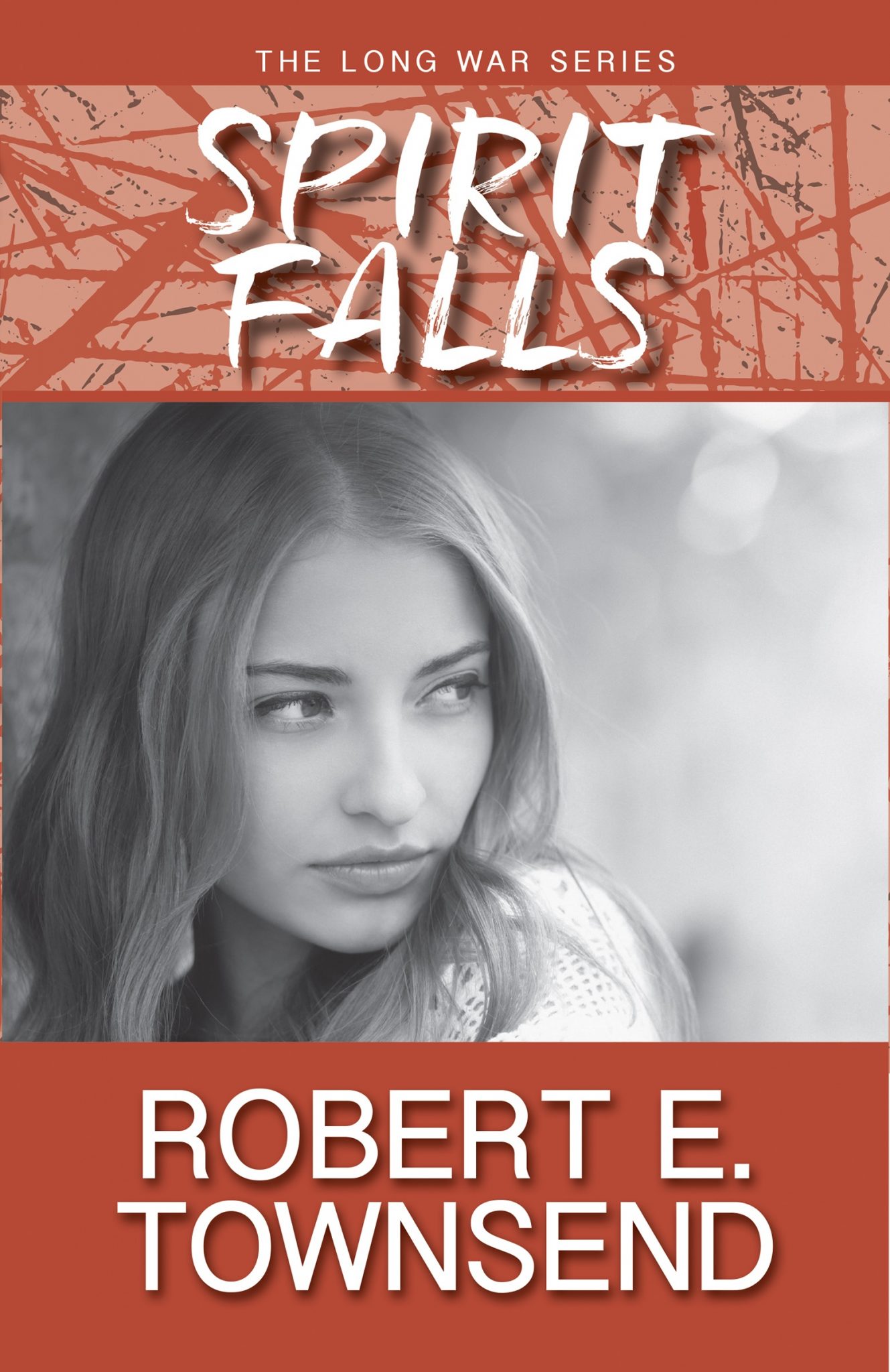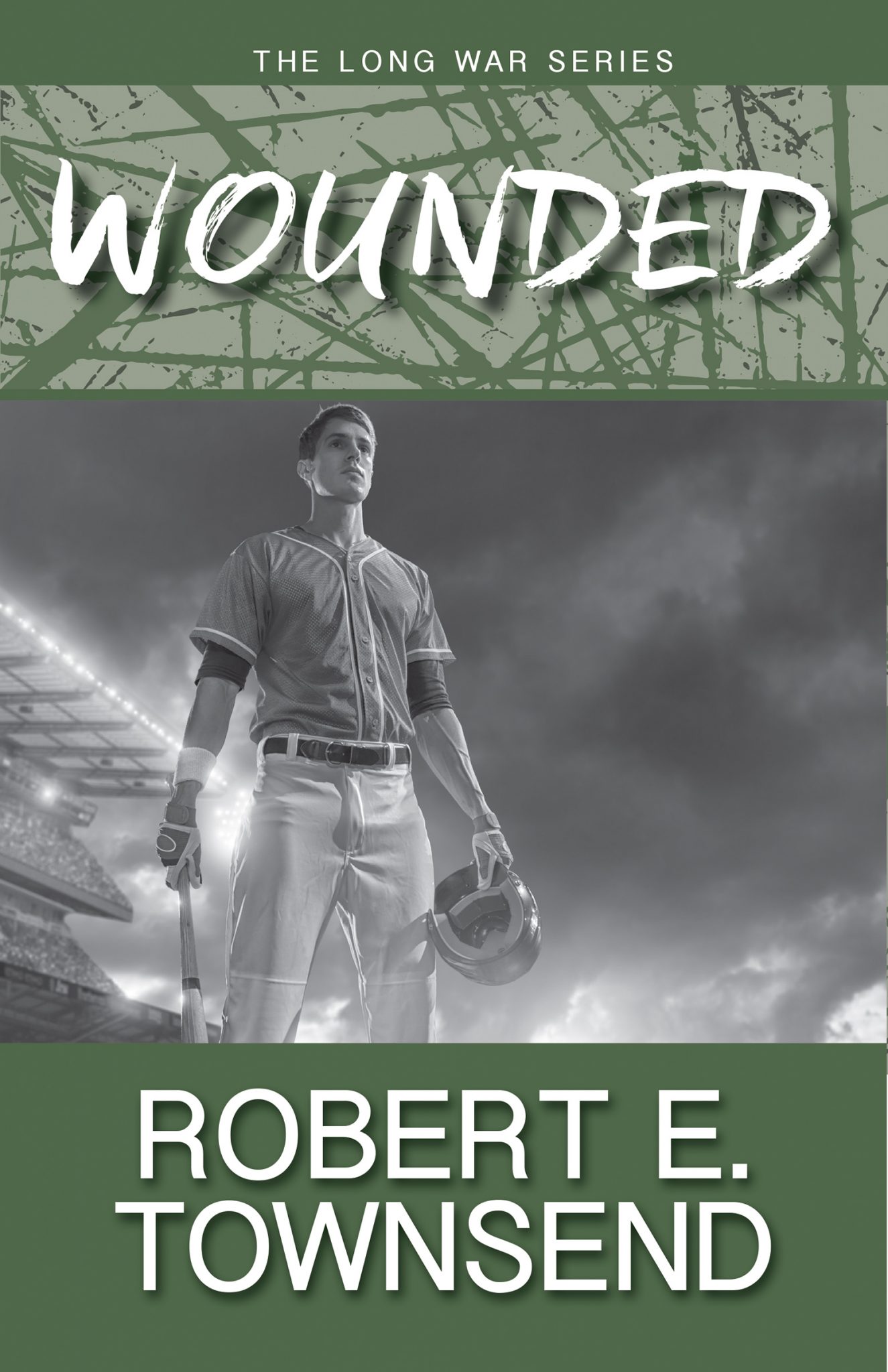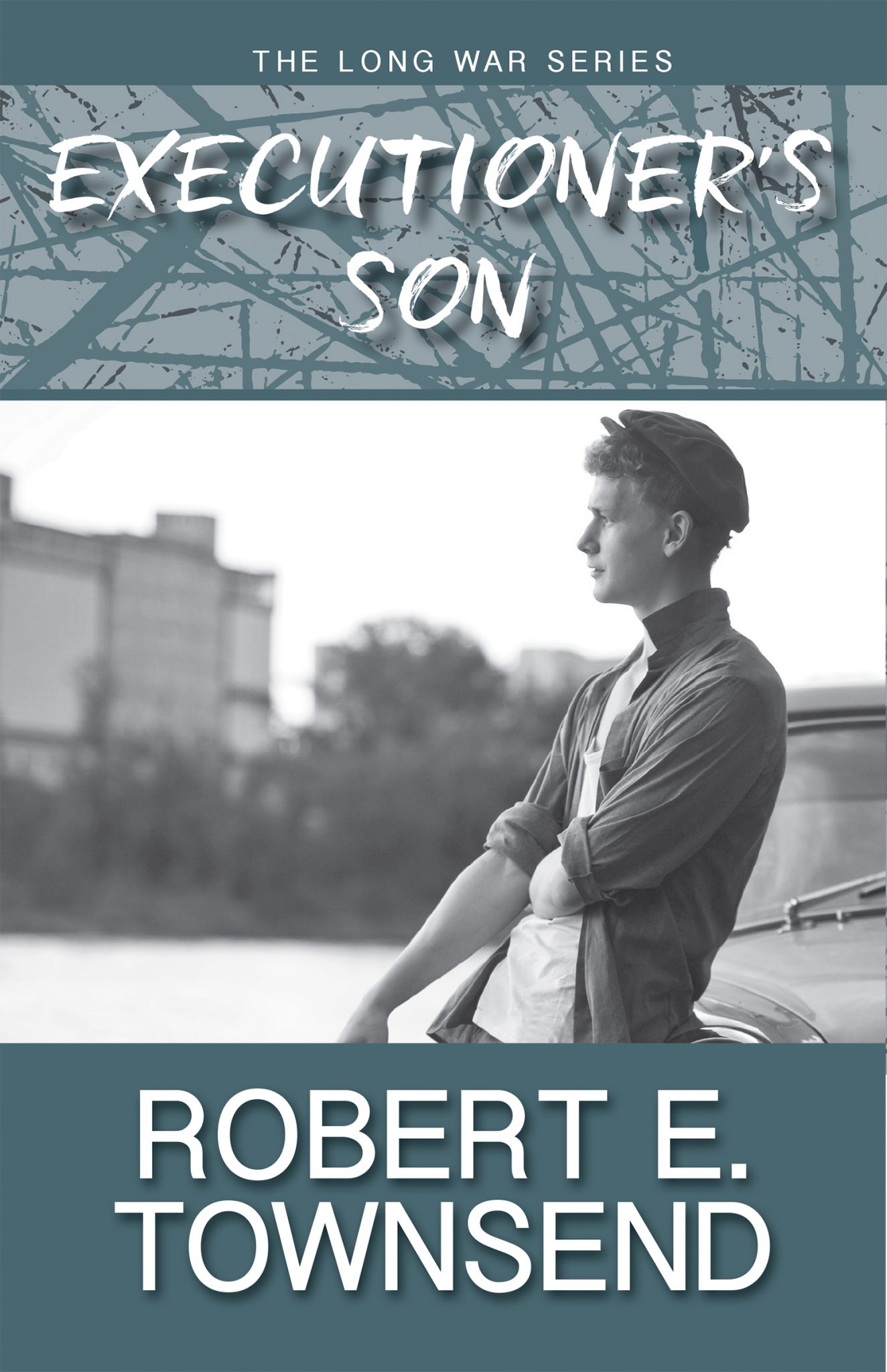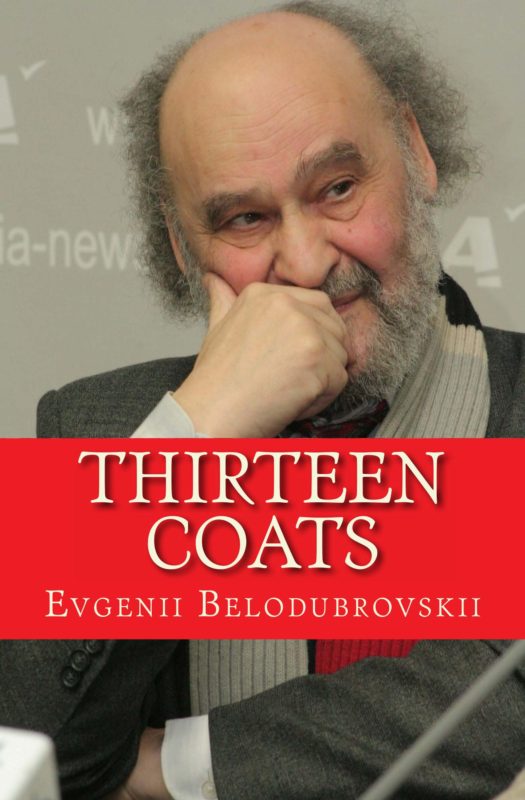



I have finished composing novel # 5, the working title Resurrection, the last book in The Long War series. These five novels follow two men and two women, American and Russian, from their mid-teens to a denouement during the breakup of Yugoslavia.

They were born and raised rural kids, innocent or oblivious, as you wish. Richard Belisle and Marie-Jeanne Charbonneau were born and raised on a dirt-poor Northwoods farm, where they heard the stories of immigrants and WWII veterans. Danton Larionov and Ekaterina Soroka {Book # 3, The Executioner’s Son], are raised amongst WWII NKVD (KGB predecessor) veterans now Gulag guard families in Suzdahl, RSSR, a picturesque and ancient Russian town, formerly a religious center under Soviet rule.
The four characters then encounter one another in the book Broken Codes (written but not published) in Berlin, Germany.
Am I finished? No.
As my French neighbor would say, “Quoi, maintenant?” (What now?)
Well, one asks those whom you assess to be astute readers to be your beta readers (see below)

Robert Olen Butler finished Twice Around a Marriage, probably his best novel to date out of about 25, several months ago. His publisher requested revisions, which Robert did. Then, the publisher rejected the story.
Quoi, maintenant?
Well, He is writing another (a buddy story about a parrot and a crow?) while the publishing world comes to its senses.
The Beta Reader
What do I ask of the beta reader ?
Does the narrative flow and tell a story? Is there a satisfactory (to you) story arc? What’s missing?
Examine the main characters.
Richard Belisle – Does his ‘cross-to-bear’ make sense?
Marie-Jeanne Belisle, Richard’s wife and childhood sweetheart, is now a concert pianist, a career she had put on hold to raise children. The children are now raised, more or less. She is adding concert tours to her teaching, but then children are never really raised, are they? Is she a rounded human being or a cardboard cutout?
Ekaterina Soroka, a Russian, yearns to have what Marie-Jeanne has—family, career, husband, and especially that husband, Richard. Likewise, is she a rounded human being or that cardboard cutout?
Danton Larionov, physically disfigured in “The Executioner’s Son,’ blames his bad luck on and envies Colonel Richard Belisle. He would be pleased to destroy him. Really?
There are four Belisle children. One is particularly disappointed with her parents’ child-raising skills. Does that make sense?
An author needs substantive, honest feedback. How did the writing make you feel? Was there a point where you wanted to put the book down? Which parts were most gripping? Do you have questions? Were there holes in the story? Would you change anything? How did it compare to other books you’ve read?
.
What does the beta reader ask of the author?
To be a beta reader is no piece of cake. What should the beta reader ask if they consider taking on the role?
1. Only read what you like: Reading takes time and effort. You may feel obliged to read if a friend asks, but you should strive to give quality feedback. Some genres don’t appeal to our personal tastes, and you might do a writer a disservice to attempt a critique of something you would be hard-pressed to read by choice.
2. Ask the author what type of feedback they are looking for: Before you take on the task of a beta reader, ask what stage of the writing process the author is in and what type of feedback they want. If the author is still in the first draft stage, hunting for grammatical errors and misspellings will be less critical than feedback on story holes or inconsistent characters. Suppose the author is about to submit and wants a final sanity check for typos. Do that, and don’t dissect the work or suggest significant changes.
3. Remember, the author is writing the book. Every writer will have their style, purpose, and abilities. There is a major difference between helping a writer achieve her personal best and reworking the text into your style. Picking synonyms for words a writer has chosen and otherwise changing style but not substance is the last kind of feedback a writer will want.
4. Give feedback as a conversation: Often, the best feedback is a question. What did you mean here? Did you expect me to guess the killer is the butler at this point? This way, you push the writer along his path instead of laying down your path.
5. Present constructively honest feedback: It is always easy to say you liked something and leave it at that. No one wants to disappoint someone with criticism, but you aren’t helping the writer by saying you liked something when you didn’t. Such feedback won’t help improve the work.
6. Take your time ( or say you didn’t): An author looking to improve his work wants substantive commentary from a beta reader. This includes accepting the feedback that you couldn’t finish the book. If you had to put it down, this is valuable information. It could expose a significant failure in pace or content to the writer. While not positive, it will give the author a lot to think about — which is the point of reading the manuscript in the first place.
7. Skim: Can you quickly review a document and get the gist? If an author wants your impressions, can you digest a longer piece just enough to give helpful feedback? There is an art to this; if you can master it, you’ll be an invaluable aide to the writer.
8. Annotate: You can give feedback verbally, in the form of an email, or directly as edits to the manuscript. All can be useful, but the best types of feedback include all three. Give the overview in the email. Do questions in interactive discussions. Edits and comments on specific pieces of text are done best within the manuscript. Such annotations can be as detailed as you like and are often the most helpful for improving a draft.







